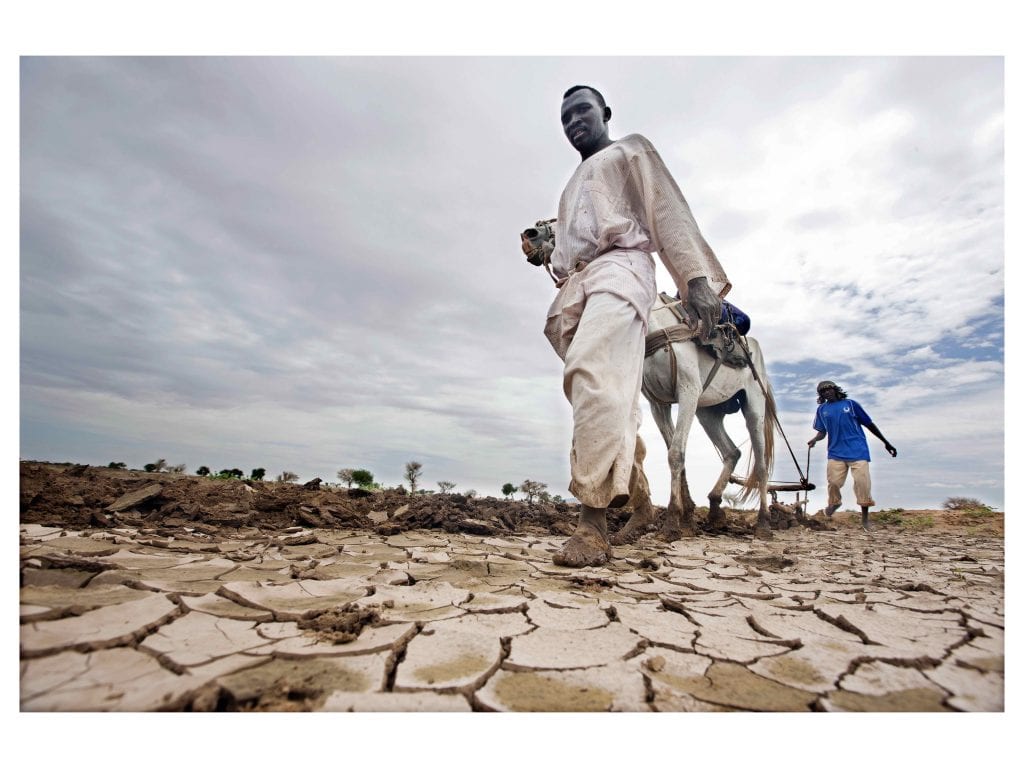What is Integral Human Development?
View more in The Global Citizen
For the moment, let us define it as the state of a society in which the irreducible dignity of the human person and the cultural and spiritual as well as economic and material requirements of human flourishing are central to political and social life and upheld by the rule of law.
If our efforts to survive the pandemic with our humanity intact and with a realistic hope for the recovery and flourishing of the human family are to be just and effective, they must be guided by a profound understanding of and respect for the inalienable dignity of the human person and a commitment to the requirements of human flourishing, including improved living conditions for the hundreds of millions of people in need of housing, food, clean drinking water, health care, education, jobs, security, and freedom from oppression.

The term “integral human development” is of Catholic provenance, but the ideas and values underlying it find echo in many other religious, philosophical, and wisdom traditions. At its core is the conviction that the dignity of the human person is expressed in work and economic activity—but also in cultural richness, artistic creativity, religious belonging, and spiritual practice. Most profoundly, human dignity is expressed in our relationships with, and obligations to family, community, and, ultimately, to all of humanity.
With these old-new ideals in mind, we aspire to see the debilitating impact of the coronavirus from the perspectives of the besieged women, children, and workers most affected by it; to raise awareness of the radical changes now required in sensibility, lifestyle and political economy; and to explore practical, concrete, achievable means of making these changes and thereby advancing integral human development.
Read the full blog post here.
1 minute
